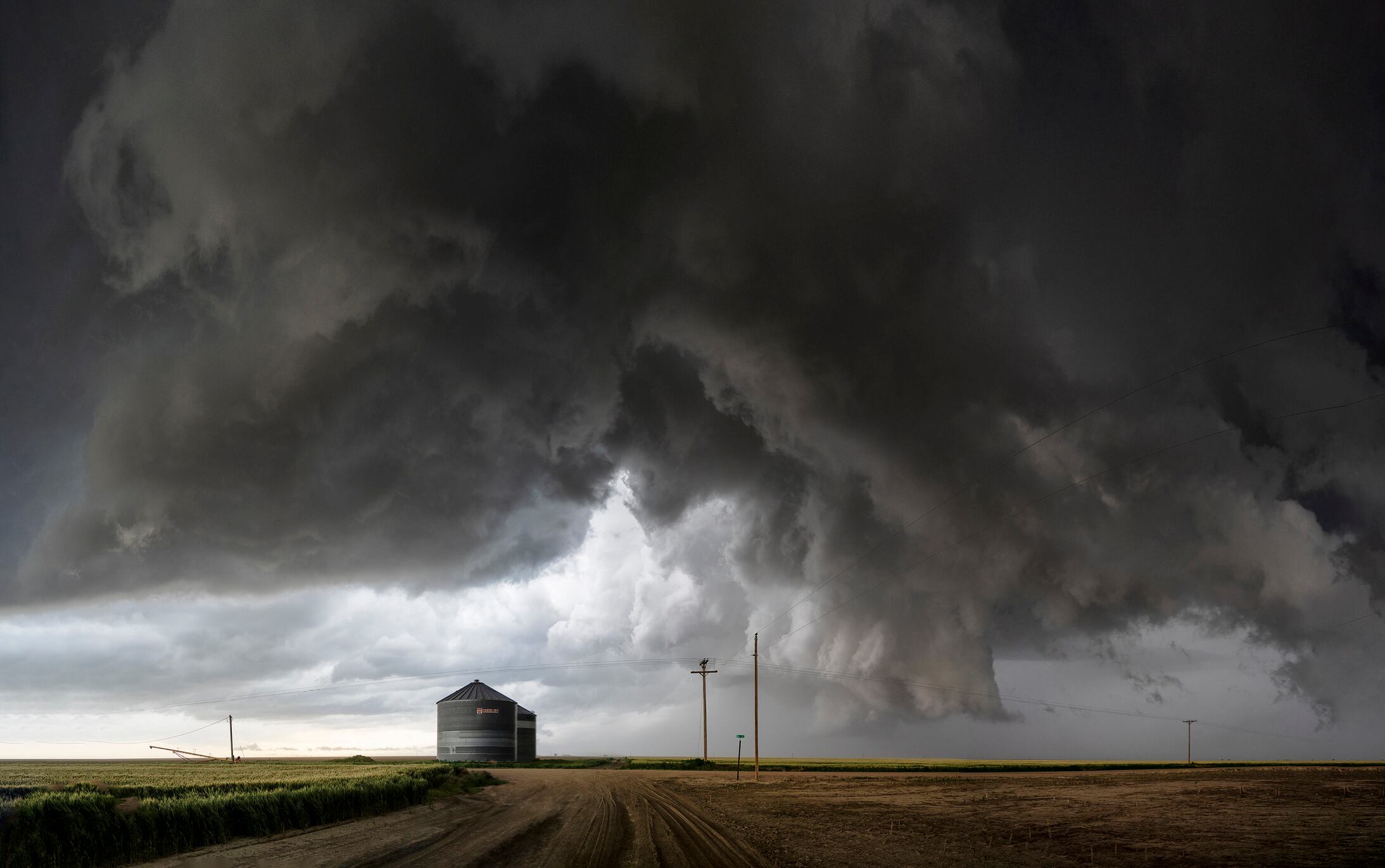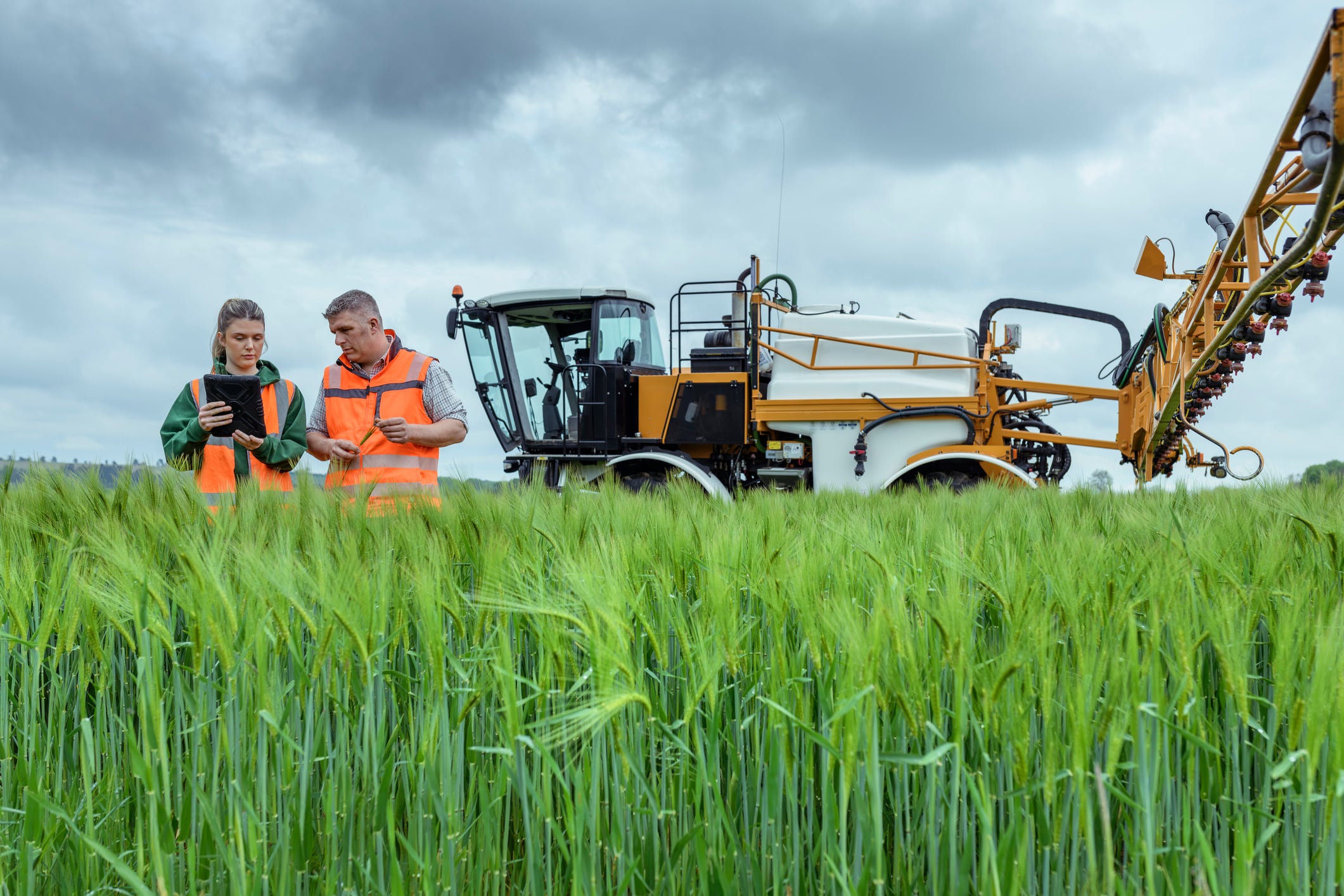Many climate breakthroughs don’t fail in the lab, they fail in the market. They are too risky, too slow, or too unproven, consequently falling through the cracks of a financial system built for quicker wins.
It means brilliant discoveries, whether new materials, clean fuels, or novel agricultural methods, can often wither and die before they even get a chance to be tested in the real world.
Philanthropy meets venture capital
Azolla Ventures was created to change that. Named after a prehistoric fern that once cooled the Earth, the firm blends traditional venture capital with philanthropic – or what it calls “catalytic” – capital, to back early-stage ideas that are too risky for standard venture capital to touch.
“Philanthropic capital lets us launch companies that wouldn’t otherwise have gotten their shot,” says Johanna Wolfson, a co-founder and general partner.
Wolfson herself is a chemist by training and quickly grew concerned while working in industrial and governmental labs that most “extraordinary” innovations never even get a glimpse of the outside world.
“That’s less to do with how important or valuable they are, and more to do with a really insufficient system for getting things tested in the market for value,” she says.
In many ways, that is the traditional role of philanthropy – delivering grants in areas like scientific research to get ideas off the ground long before venture capital comes along. But unlike traditional philanthropy, Azolla’s latest $239m fund is structured as a typical VC allowing it to launch companies, take board seats, and remain at the centre of a company’s commercial trajectory.
This dual-capital structure – pairing philanthropic dollars with commercial impact investment – allows it to be both first-in and long-term. “We did initially do only the catalytic capital and in retrospect saw that we’re less able to safeguard the impact mission if we are only getting companies started,” Wolfson says.
The ethos of venture investing, she adds, is itself an accelerant by ensuring that possible climate solutions don’t languish in grant-funded R&D silos but instead reach markets where their impact can flourish.
“It’s critical we take on the mindset of a more typical venture investor because those are our co-investors are our follow-on investors. It’s unhelpful for the company to brand themselves as philanthropic.”
Risk vs. recklessness: where’s the line?
It’s a novel combination but raises the question whether Azolla is landing the worst of both worlds by taking on the maximum risk of philanthropy while adding in VC’s demand for speedy returns. At what point does picking up innovations seen as too risky even for venture capital start to become reckless?
Azolla recognises the possible pitfalls and therefore convenes a group of downstream investors for each investment, asking them two key questions. Is this too early or too risky for you right now? And if so, would it be attractive if certain milestones are met?
“Both things must be true for us to invest,” Wolfson explains. “Our goal becomes finding that Venn diagram of too risky right now but could be super compelling if derisked. That is then our work with the company after we invest.”
There will be voices sceptical of such an approach, but Wolfson insists this is ultimately an experiment. “It’s a hypothesis and we should treat it as such.”
Early wins, tough climate
The early evidence does suggest possible success, however. Heaten, for example, received $5.1m from Azolla for its industrial heat pumps and was sold to private equity firm Advent International last year for an undisclosed sum last year, a rare exit at a tough time for climate tech.
In its latest fund, Azolla has pumped more money into agtech firms such as Net Zero Nitrogen, a UK firm developing an alternative fertiliser product, and New Zealand based BioLumic which is using which light treatments on seeds to improve yields and cut methane emissions.

These reflect an expansion of Azolla’s impact criteria. Climate is still first and foremost, and each company must demonstrate it can save at least half a gigaton of Co2 emissions by 2050, but it is increasingly looking at other considerations such as adaptation and resilience.
Behind it all sits Prime Coalition, the non-profit which birthed the firm and the engine in determining the impact of the investment, whether that is cutting carbon emissions or analysing possible unintended social consequences.
“It’s important to partner with a nonprofit so there’s some arm’s length evaluation,” Wolfson says. “It’s then useful for both us and the company for monitoring whether they’re on track to meet their long-term climate goals.”
Looking beyond the US
Azolla is chiefly focused on North America with investment outside the US capped at 30%. This was ideal while the sector boomed over the last few days thanks to exciting new innovations and favourable national policies, but much less so since Donald Trump re-entered the White House.
While an overall chilling in climate tech investing is definitely at play, the US is thought to be hit hardest by Donald Trump’s decision to rollback parts of Joe Biden’s Inflation Reduction Act (IRA), a $369bn package of subsidies, tax credits, and rebates that had underpinned much of the sector’s growth.
As a result, the first quarter of 2025 saw climate start-ups secure just $10bn, according to PitchBook, half the amount raised in the same period a year later. The first few months of the year also saw $8bn in US climate projects cancelled, more than three times the total investments cancelled over the previous two and half years, a report by policy researcher E2 found.
Azolla partner Matthew Nordan told Business Insider earlier this year that the impact of Trump’s policies is likely to be severe. “There will be a graveyard of companies…a lot of start-ups will hibernate to try to weather the storm.”
Can small bets move the planet?
Azolla believes about a third of its own portfolio is facing difficulties due to the current environment and many are now actively looking for a move away from the US in search of more fertile ground.
“There are definitely companies in our portfolio who are actively strategizing about other markets and customer opportunities outside the US,” Wolfson says.
It’s a tough storm but one Azolla believes will only be temporary. For like its namesake fern, the company is betting that small, overlooked beginnings can have planetary-scale consequences. If correct, this blend of philanthropy and venture could help bend the trajectory of the climate.




